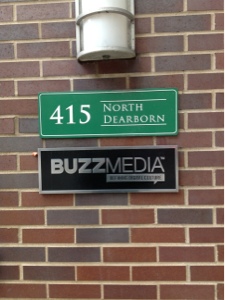Cited here (via Lindsay Bell).
The conclusions of this study seem consistent with observation.
Abstract
In two online studies (total N = 1215), respondents completed personality inventories and a survey of their Internet commenting styles. Overall, strong positive associations emerged among online commenting frequency, trolling enjoyment, and troll identity, pointing to a common construct underlying the measures. Both studies revealed similar patterns of relations between trolling and the Dark Tetrad of personality: trolling correlated positively with sadism, psychopathy, and Machiavellianism, using both enjoyment ratings and identity scores. Of all personality measures, sadism showed the most robust associations with trolling and, importantly, the relationship was specific to trolling behavior. Enjoyment of other online activities, such as chatting and debating, was unrelated to sadism. Thus cyber-trolling appears to be an Internet manifestation of everyday sadism.
There’s also this (via The Big Picture):
It’s long been obvious that people with wacko tendencies are vastly overrepresented among Internet commenters as compared to the general population. (See also this and this and this and this.)
We’re a mere twenty years into human mass-networking via anonymous electronic connection. There are hints of major Internet-driven social changes that we don’t yet understand or even perceive. Much Internet activity seems to be fake. Many people online aren’t who they appear to be. Real-world activities, as in relations between the sexes, appear to be changing faster than ever as information propagates and incentives change in record time. It will be interesting to make sense of the social changes of the 1990s through 2010s from the perspective of twenty years hence, if we live long enough.
